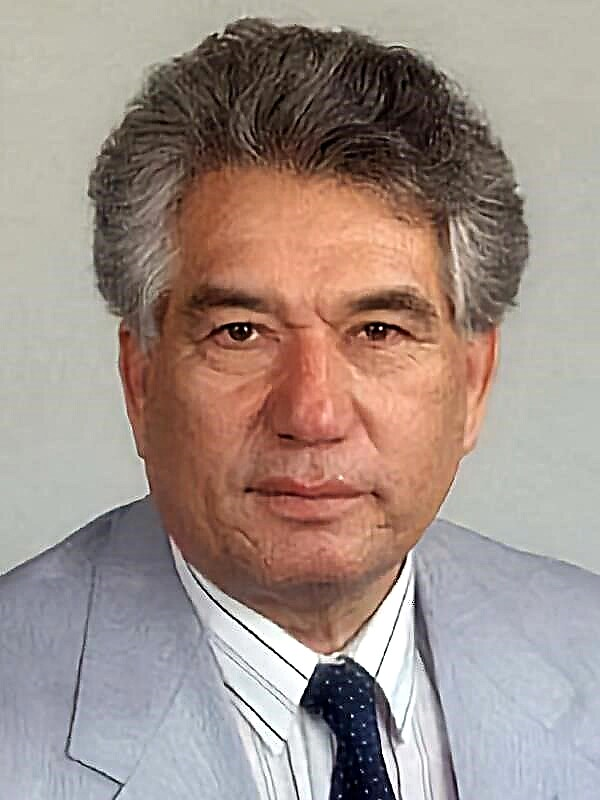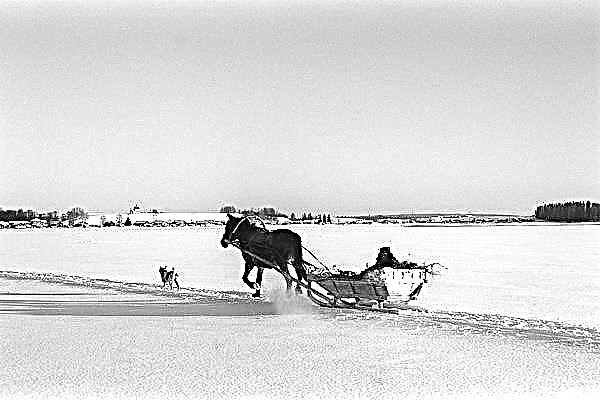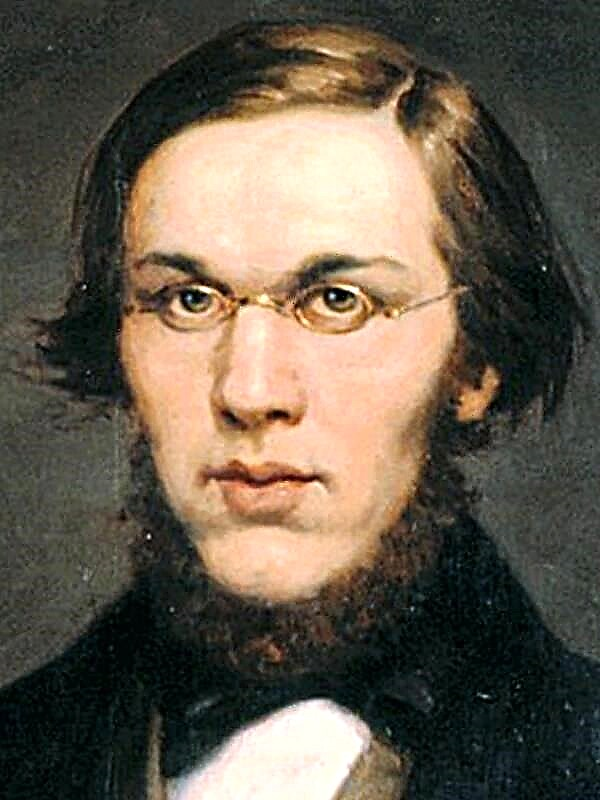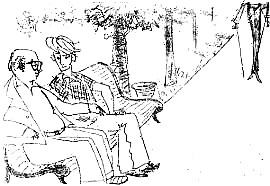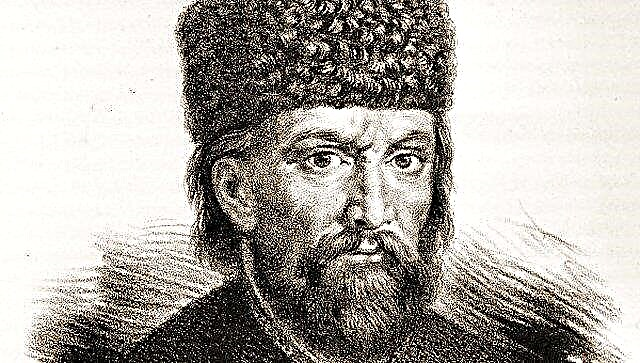A certain Yaksha, a demigod from the retinue of the god of wealth and lord of the northern mountains of Kubera, exiled by his master for some offense far to the south, at the end of summer, when everyone who was away from home, especially yearning for their loved ones, sees a lonely cloud in a sultry sky . He decides to convey with him a message of love and comfort to his wife, who is waiting for him in the capital of Kubera - Alake. Turning to the cloud with a request to become his messenger, the yaksha describes the path by which he can reach Alaki, and in every picture he paints of the landscape, mountains, rivers and cities of India, one way or another reflects the love, longing and hope of the yaksha himself. According to the exile, the cloud (in Sanskrit is a masculine word) in the country of Dasharna will have to “drink in a kiss” the water of the Vetravati River, “looking like a frowning maiden”; in the mountains of Vindhya, "having heard his thunder, in fear they will cling to the chest of the wives exhausted by the desire of the spouses"; the cloud is filled with fresh, life-giving moisture, the Nirvindhue River, "emaciated from the heat, like a woman in separation"; in the city of Ujjayini, it will flash a flash of lightning on the way for girls hurrying to meet their beloved in the night darkness; in the country of Malwa it will be reflected, as if a smile, in the flickering of white fish on the surface of the Gambhira river; enjoy the view of the Ganges, which, flowing over the head of the god Shiva and caressing his hair with waves, makes Shiva's wife Parvati suffer from jealousy.
At the end of the journey, a cloud will reach Mount Kailashi in the Himalayas and will see Alaka, "reclining on the slope of this mountain, like a maiden in the arms of a lover." The beauties of Alaki, according to Yaksha, compete with the radiance of their lightning with the lightning that shines on the cloud, their jewelry is like a rainbow surrounding a cloud, the singing of residents and the sound of their tambourines are like peals of thunder, and the towers and upper terraces of the city, like a cloud, soar high in the air. There, not far from Kubera’s palace, the cloud will notice the house of the yaksha itself, but with all its beauty, now, without a master, it will seem as gloomy as daytime lotuses wilted at sunset. Yaksha asks the cloud to look into the house with a careful flash of lightning and find his beloved, faded, it’s true, like a liana in a rainy autumn, mourning like a lonely cakravaka duck apart from her husband. If she sleeps, let the cloud die for at least part of the night its rumble: perhaps she dreams of a sweet moment of meeting her husband. And only in the morning, refreshing it with a gentle breeze and life-giving drops of rain, the cloud should transmit the message of the Yaksha to it.
In the message itself, the yaksha informs his wife that he is alive, complains that the image of his beloved seems to be everywhere: “her will be in flexible vines, her eyes will be in the eyes of a fearful fallow deer, her face will be charming in the moon, and her hair decorated with flowers will be in bright tails peacocks, eyebrows - in the waves of the river, "but he does not find its complete likeness anywhere. Having poured out his melancholy and sadness, recalling the happy days of their closeness, the yaksha encourages his wife with his confidence that they will soon meet, for the term of the curse of Kubera is expiring. Hoping that his message will serve as a consolation for his beloved, he begs the cloud, passing it on, to return as soon as possible and bring with him the news of his wife, whom he never mentally parted with, just as the cloud does not part with his girlfriend - lightning.


